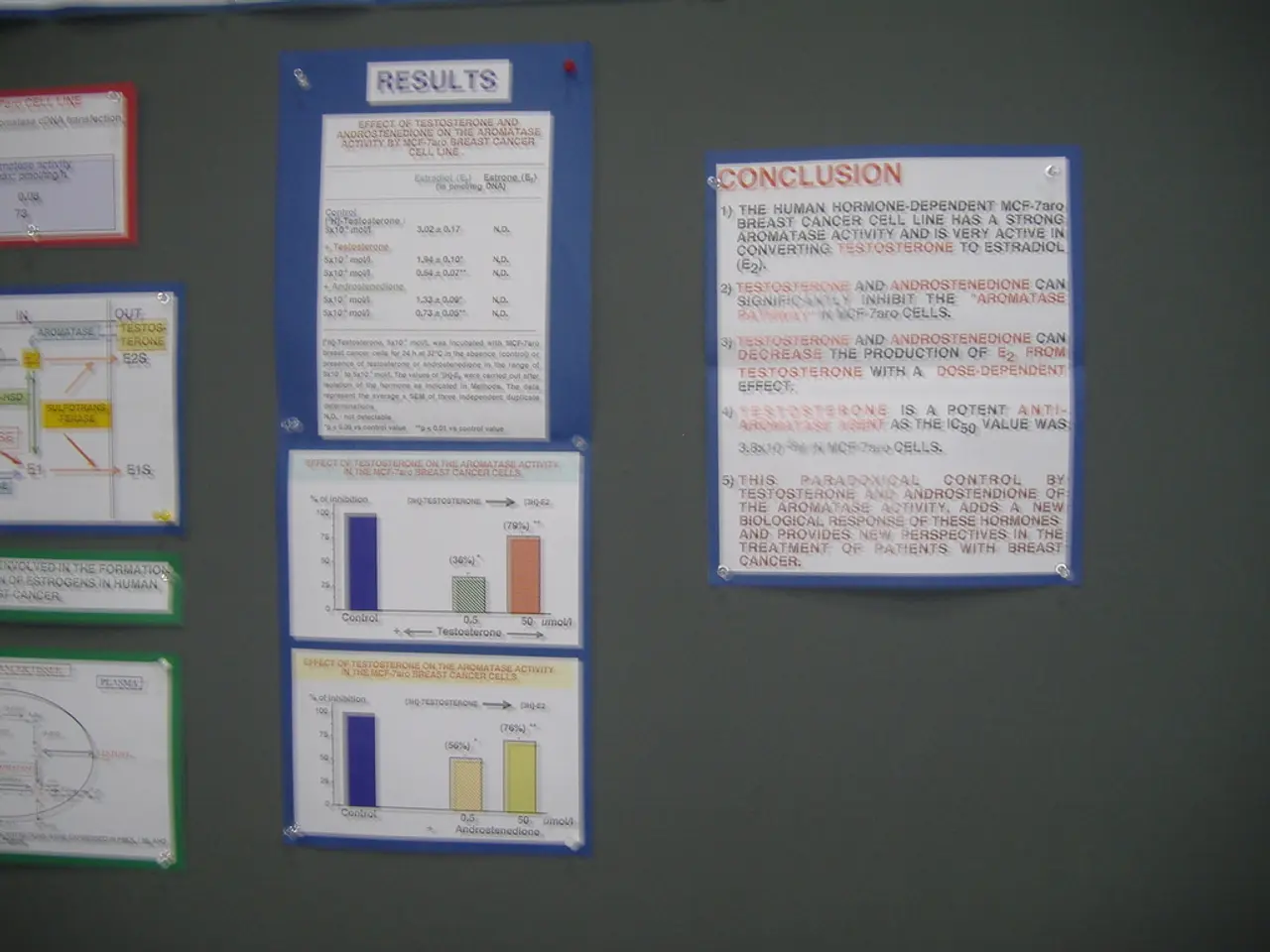Preparing for Impromptu Tasks
In the dynamic world of product development, unplanned work is an inevitable aspect that teams must navigate effectively. Here's how organisations can strike a balance between flexibility and maintaining focus on core objectives.
During the intake phase, prioritisation frameworks and boundary setting play crucial roles. The Rock, Pebble, and Sand Approach helps prioritise tasks based on impact and effort, ensuring that high-priority tasks are addressed first. Queue management, on the other hand, maintains a strictly prioritised list of tasks (backlog) to help decide which unplanned work to accept, ensuring alignment with current workload and priorities.
Time-blocking is another strategy for the intake phase, where specific time slots are allocated for unplanned tasks to prevent them from overshadowing planned work. This can include setting aside a daily "ad hoc task" block to handle urgent requests.
Moving into the execution phase, Agile practices, communication and collaboration tools, and continuous improvement strategies become essential. Sprint Management, for instance, uses short, fixed-length iterations (sprints) to deliver increments of the product, ensuring adaptability and efficient resource use. Work-in-Progress (WIP) Limits help prevent overcommitting and ensure focus on current projects, improving productivity and reducing project switching time.
Asynchronous tools like Slack and Confluence are employed to enhance communication and reduce dependency on meetings, especially in remote or distributed teams. Regular feedback and review sessions help maintain alignment with product goals even when handling unplanned work.
To address accountability, clearly defined roles and responsibilities for handling unplanned work are essential. The shared team inbox, often referred to as Triage, centralises all incoming unplanned work for review, update, and prioritisation before assignment and integration into the team's workflow.
Service-level agreements (SLAs) can be used to communicate urgency and establish deadlines for completion, helping in prioritising the most important issues and requests. The review process filters out invalid requests, requests additional information, and merges duplicate reports to maintain the integrity and accuracy of the collective knowledge base.
In conclusion, by integrating these strategies, teams can effectively manage unplanned work while maintaining focus on strategic objectives in product development. Unplanned work, though disruptive, is an inevitable aspect of product development, and by implementing robust intake processes and efficient execution strategies, organisations can manage these unforeseen challenges effectively.
In the realm of finance and business, the Rock, Pebble, and Sand Approach could be applied to prioritize tasks and allocate resources wisely, ensuring that high-impact tasks are addressed promptly. To promote education and self-development, service-level agreements (SLAs) can be employed to set deadlines and communicate urgency, fostering a culture of accountability and continuous improvement.




